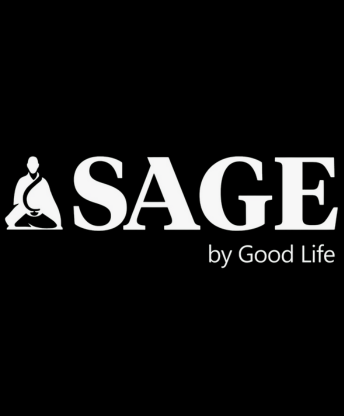
Sea Moss vs. Other Superfoods: What Sets It Apart?
Share
Introduction
Superfoods have become a popular category among those seeking optimal health through nutrition. From kale and chia seeds to spirulina and acai berries, each superfood brings unique benefits. Among these nutrient powerhouses, sea moss has rapidly gained recognition. This blog compares sea moss to other well-known superfoods, highlighting what makes it distinct and why it deserves a place in your health regimen.
Nutrient Density and Mineral Content
Sea moss stands out for its exceptional mineral richness, containing up to 92 of the 102 minerals the human body requires. Its high levels of iodine, calcium, potassium, magnesium, and sulfur surpass many land-based superfoods, which may lack such a broad mineral spectrum. This makes sea moss particularly valuable for supporting thyroid function, bone health, and electrolyte balance.
Unique Polysaccharides and Fiber Types
Unlike many other superfoods, sea moss contains mucilaginous polysaccharides such as carrageenan, which provide unique digestive and immune benefits. This soluble fiber soothes the digestive tract, supports gut health, and acts as a natural prebiotic. While chia and flax seeds are also good fiber sources, sea moss’s gel-like consistency provides additional mucosal protection and hydration.
Adaptogenic and Immune-Modulating Properties
Sea moss possesses adaptogenic properties similar to well-known herbs like Ashwagandha or maca. Its compounds help regulate stress responses and bolster immune function. However, sea moss also contains antiviral and antimicrobial elements not typically found in most superfoods. This broad spectrum of defense makes it a potent ally in managing immunity and resilience.
Protein and Amino Acid Profile
While land-based superfoods like quinoa and spirulina are praised for their complete protein profiles, sea moss provides moderate protein along with essential amino acids. Although not a protein powerhouse, its combination of micronutrients complements protein sources, enhancing overall nutrition in plant-based diets.
Impact on Skin, Hair, and Connective Tissue
Sea moss’s sulfur content and vitamin-rich composition uniquely support skin, hair, and connective tissue health. It promotes collagen synthesis and hydration, making it particularly beneficial for beauty and anti-aging, areas where many other superfoods offer less direct benefit. This makes sea moss popular in holistic skincare and wellness circles.
Culinary Versatility and Ease of Use
Sea moss is versatile, it can be used as a gel, powder, or capsule and incorporated into a wide range of foods and beverages without overpowering flavor. This ease contrasts with some superfoods like spirulina or wheatgrass, which have strong tastes that might limit usage. Sea moss integrates smoothly into smoothies, soups, desserts, and even topical applications.
Sustainability and Environmental Impact
Sea moss cultivation is highly sustainable compared to many land-based superfoods that require significant water and land resources. Growing sea moss helps restore marine ecosystems by improving water quality and providing habitats for marine life. Its eco-friendly profile makes it attractive for environmentally conscious consumers seeking impact-conscious nutrition.
Bioavailability and Nutrient Absorption
Sea moss’s gel-like polysaccharides enhance nutrient absorption by supporting a healthy gut lining and digestive environment. This may improve the bioavailability of other nutrients consumed alongside, giving it an edge over some superfoods that primarily offer nutrients without this digestive benefit.
Potential Limitations and Considerations
Despite its benefits, sea moss can pose challenges such as potential iodine overdose if consumed excessively, and the risk of contaminants if sourced improperly. Unlike some superfoods with more standardized nutrient profiles, variability in sea moss quality requires careful sourcing and consumption awareness.
Conclusion
Sea moss distinguishes itself from other superfoods through its unparalleled mineral density, unique polysaccharides, adaptogenic traits, and sustainability. While it may not replace protein-rich superfoods or fruits high in antioxidants, its multifaceted benefits make it a valuable complement in a balanced, nutrient-dense diet. Whether for thyroid support, skin health, or immune resilience, sea moss offers distinct advantages that set it apart in the crowded superfood market.
Embracing sea moss alongside other superfoods can provide a well-rounded approach to holistic health and longevity.





